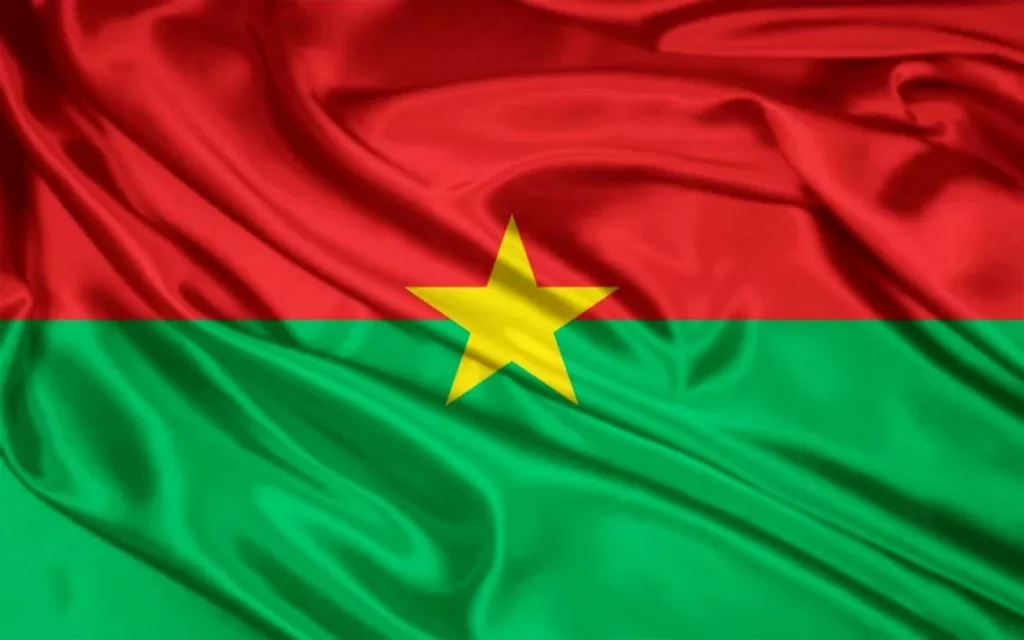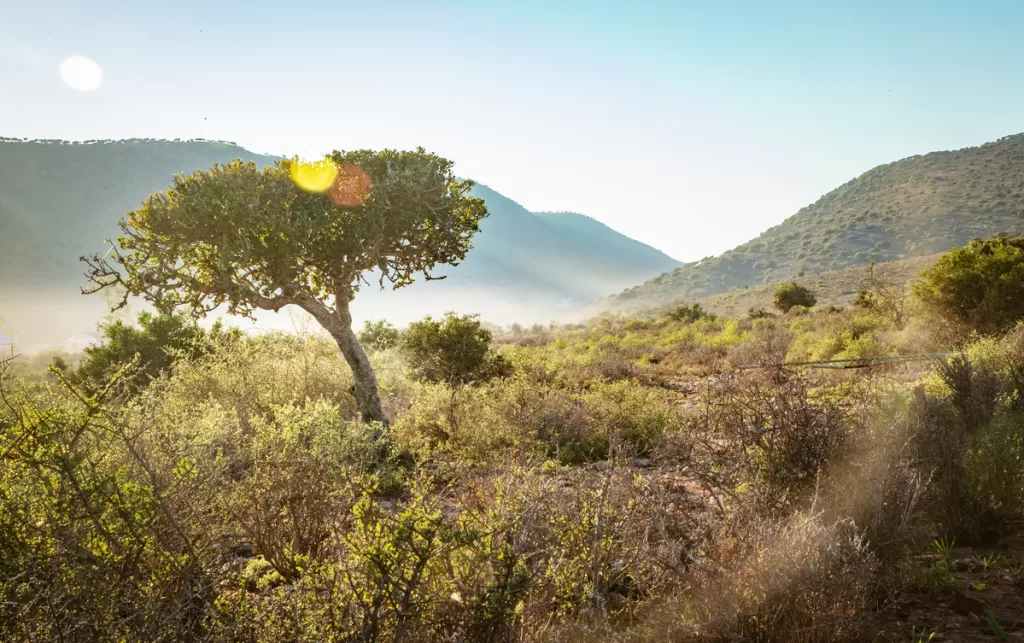Burkina Faso Country Report

Burkina Faso is a beautiful country located in West Africa. It has a fascinating political landscape. The country operates as a semi-presidential republic, meaning it has both a President and a Prime Minister. The President of Burkina Faso is the head of state and is elected by popular vote for a five-year term. The President appoints the Prime Minister, who is the head of government and oversees the day-to-day administration of the country. Burkina Faso has a multi-party system, with various political parties participating in elections and representing different interests and ideologies. The country has made efforts to strengthen its democratic institutions and promote good governance. However, Burkina Faso has faced challenges in recent years, including political instability and security concerns. The government has been working to address these issues and promote peace and stability in the country.
Road infrastructure, public works and communication services are adequate in Ouagadougou, but may be unreliable in rural areas. The level of medical care is limited and severe illness may require air evacuation.
Last updated: October 3, 2022
Security
When it comes to security in Burkina Faso, the country has faced some challenges in recent years. There have been instances of terrorism and armed conflict in certain regions, particularly in the northern and eastern parts of the country. The government of Burkina Faso, along with international partners, is actively working to address these security concerns and ensure the safety of its citizens and visitors. They have implemented measures such as increasing military presence, enhancing border security, and collaborating with neighboring countries to combat terrorism and maintain stability. It’s always important to stay informed about the current security situation and follow any travel advisories or warnings issued by your government or relevant authorities. If you plan to visit Burkina Faso or any other country, it’s a good idea to research and take necessary precautions to ensure your safety.
Last updated: September 28, 2022
Infrastructure
The country has been making efforts to develop and improve its infrastructure to support economic growth and enhance the quality of life for its citizens. In Burkina Faso, the transportation infrastructure consists of roads, railways, and airports. The road network connects major cities and towns, although some rural areas may have limited access. The government has been investing in road construction and maintenance projects to improve connectivity and facilitate trade and transportation. In terms of energy infrastructure, Burkina Faso relies on a mix of sources, including hydroelectric power and thermal power plants. Efforts are being made to expand access to electricity and promote renewable energy sources to meet the growing demand. The telecommunications infrastructure in Burkina Faso has also seen advancements, with the expansion of mobile networks and internet connectivity. This has contributed to improved communication and access to information across the country. While Burkina Faso has made progress in developing its infrastructure, there are still challenges to overcome, particularly in rural areas where access to basic services like clean water and sanitation may be limited.
Last updated: April 7, 2023
Environment

Burkina Faso faces various environmental challenges and is actively working towards sustainable development. Deforestation, desertification, and soil degradation are some of the key issues that the country is addressing. Burkina Faso has implemented initiatives to promote reforestation and protect its natural resources. The government, along with local communities and international organizations, is working on projects to restore degraded lands, promote sustainable agriculture practices, and raise awareness about the importance of environmental conservation. Efforts are also being made to address water scarcity and improve access to clean water, particularly in rural areas. Burkina Faso has been investing in water management systems, such as dams and irrigation schemes, to enhance agricultural productivity and ensure water availability for communities. Additionally, the country is focusing on renewable energy sources to reduce reliance on fossil fuels and mitigate climate change impacts. Solar and wind energy projects are being implemented to increase access to clean and sustainable energy.
Last updated: March 11, 2022
Health and Medical
In Burkina Faso, healthcare services are primarily provided by public and private healthcare facilities, including hospitals, health centers, and clinics. However, healthcare infrastructure and resources can be limited, particularly in rural areas. The government has implemented various initiatives to address healthcare challenges and improve healthcare delivery. These include training healthcare professionals, expanding healthcare facilities, and increasing access to essential medications. In terms of diseases, Burkina Faso faces several health challenges. Malaria is a prevalent disease in the country, particularly during the rainy season. Other common diseases include respiratory infections, diarrheal diseases, and malnutrition.
To combat these diseases, Burkina Faso has implemented programs focused on disease prevention, such as mosquito net distribution campaigns to prevent malaria, vaccination campaigns, and public health education. Efforts are also being made to strengthen the healthcare system’s capacity to respond to outbreaks and emergencies, including the establishment of surveillance systems and the training of healthcare workers. It’s important to note that while progress has been made, there are still ongoing efforts to improve healthcare services and address health challenges in Burkina Faso.
Last updated: February 23, 2022
Political
In 2014, Burkina Faso experienced a popular uprising that led to the ousting of longtime President Blaise Compaoré, who had been in power for 27 years. This event marked a turning point in the country’s political history and paved the way for a transition to a more democratic system. Following the uprising, a transitional government was established, and in 2015, Burkina Faso held presidential and parliamentary elections. Roch Marc Christian Kaboré was elected as the new president, and his party, the People’s Movement for Progress (MPP), gained a majority in parliament. Since then, Burkina Faso has been navigating various political and security challenges. The country has been grappling with the rise of armed extremist groups, particularly in the northern regions. These groups have carried out attacks on both civilian and military targets, leading to a complex security situation. The government of Burkina Faso has been working to address these security challenges through military operations, regional cooperation, and efforts to promote social cohesion. International partners have also been providing support to enhance Burkina Faso’s security capabilities.
Last updated: October 3, 2022















